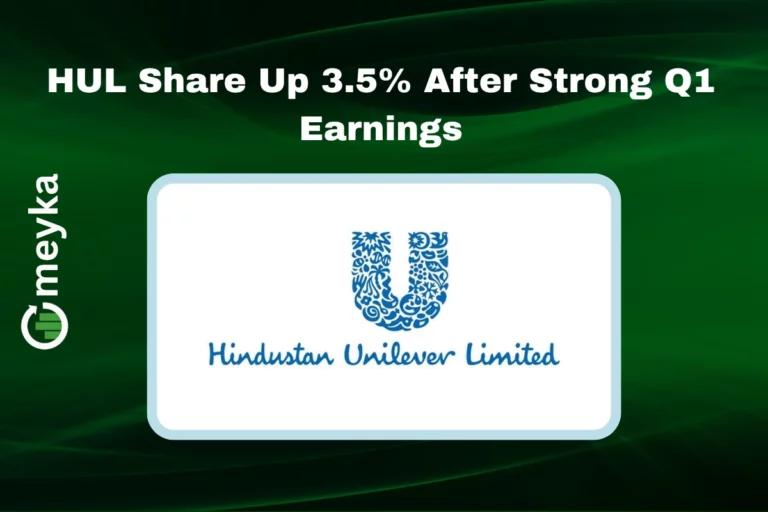Eli Lilly Removes CVS from Employee Drug Plan Following Weight-Loss Drug Snub
We examine how Eli Lilly & Co. (commonly referred to as Eli Lilly) has taken a major decision by pulling its employees out of CVS Health Corp.’s pharmacy benefit plan. The move follows CVS’s choice to de-prioritise Lilly’s weight-loss drug. This story touches on drug pricing, corporate strategy, and the wider implications for the stock market, including AI stocks and stock research trends.
Continue Reading on Meyka
This article is available in full on our main platform. Get access to complete analysis, stock insights, and more.
Read Full Article →





